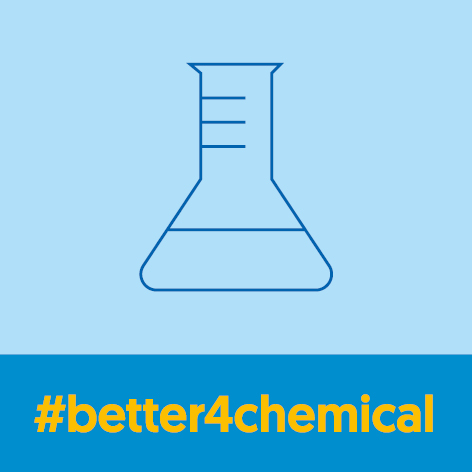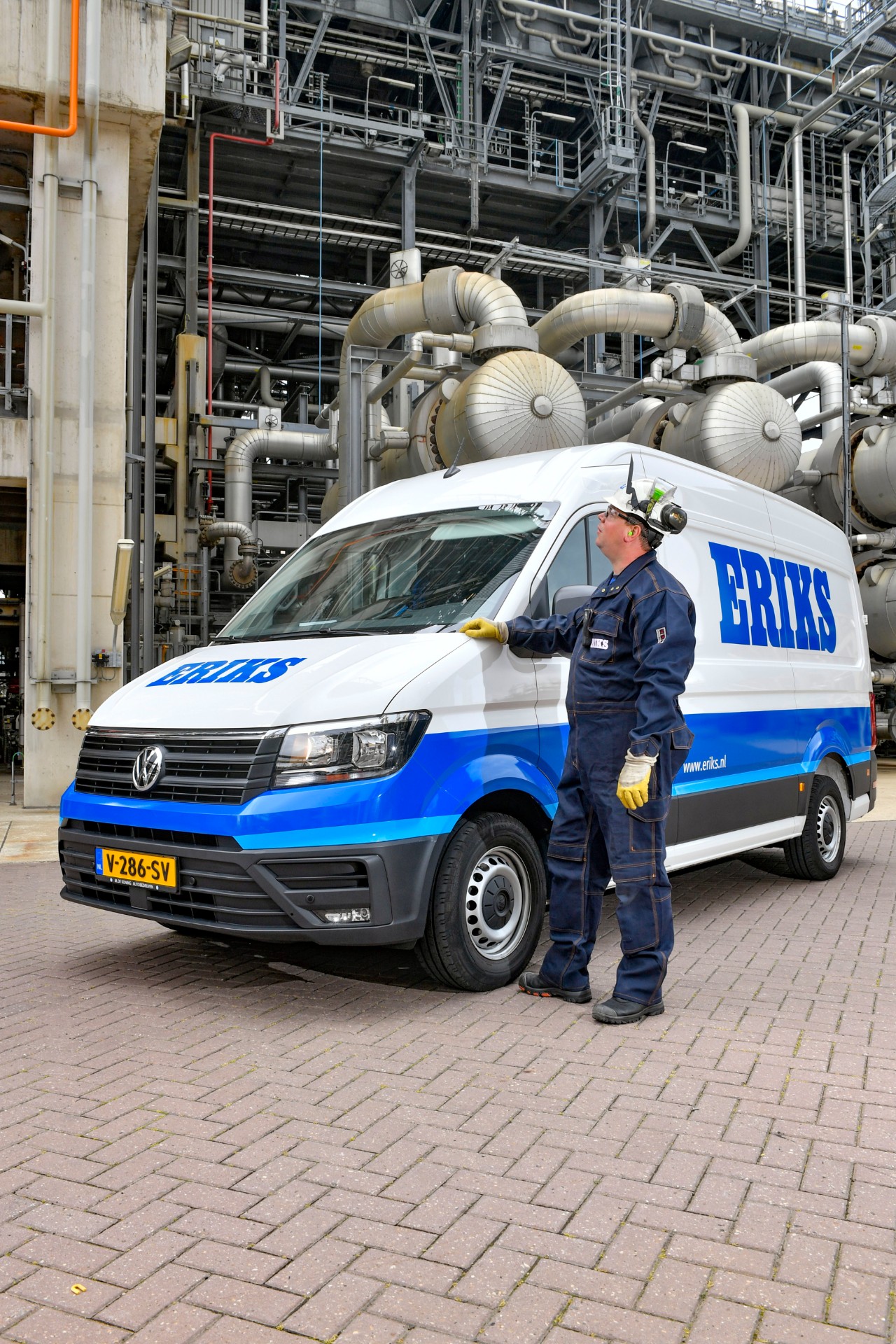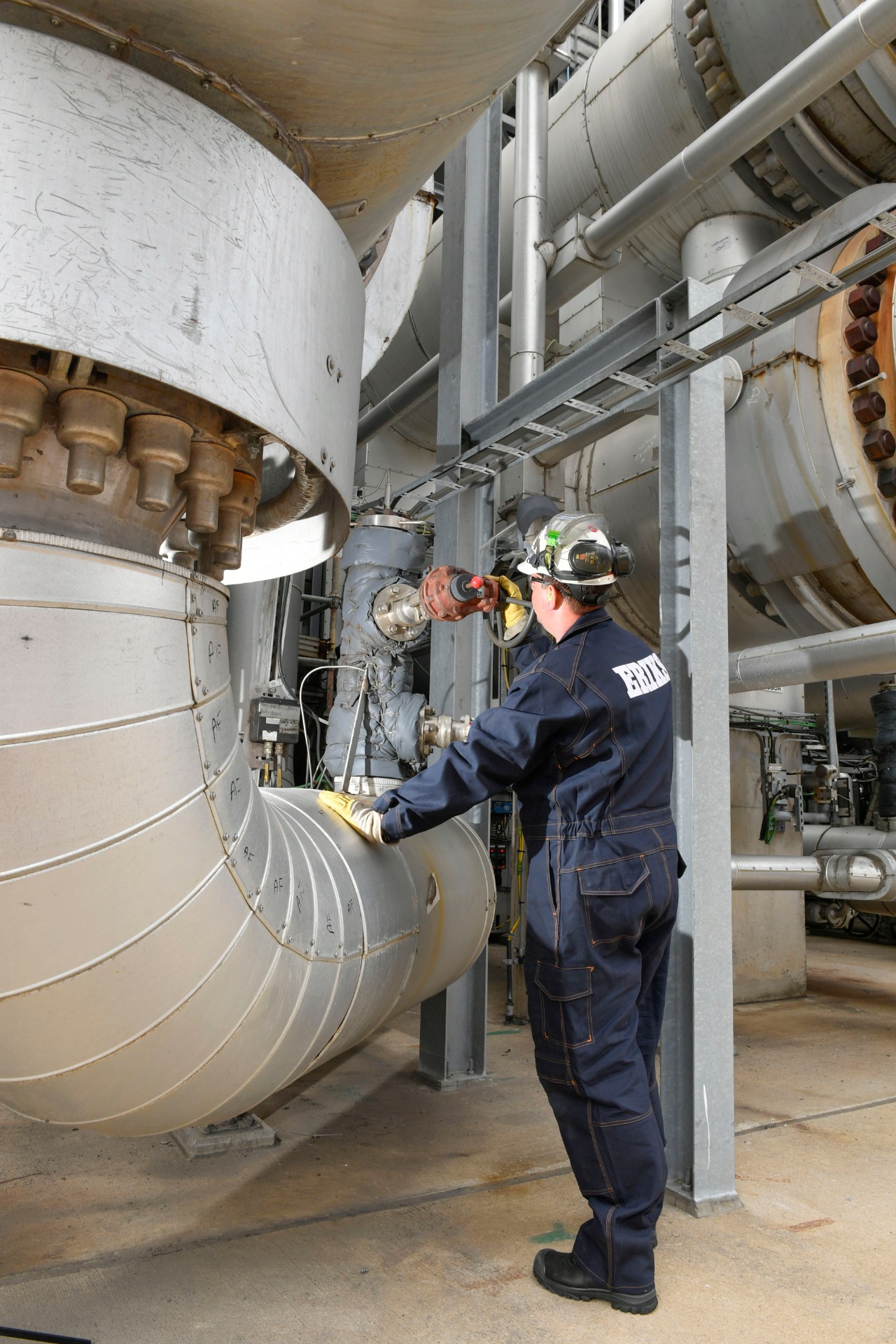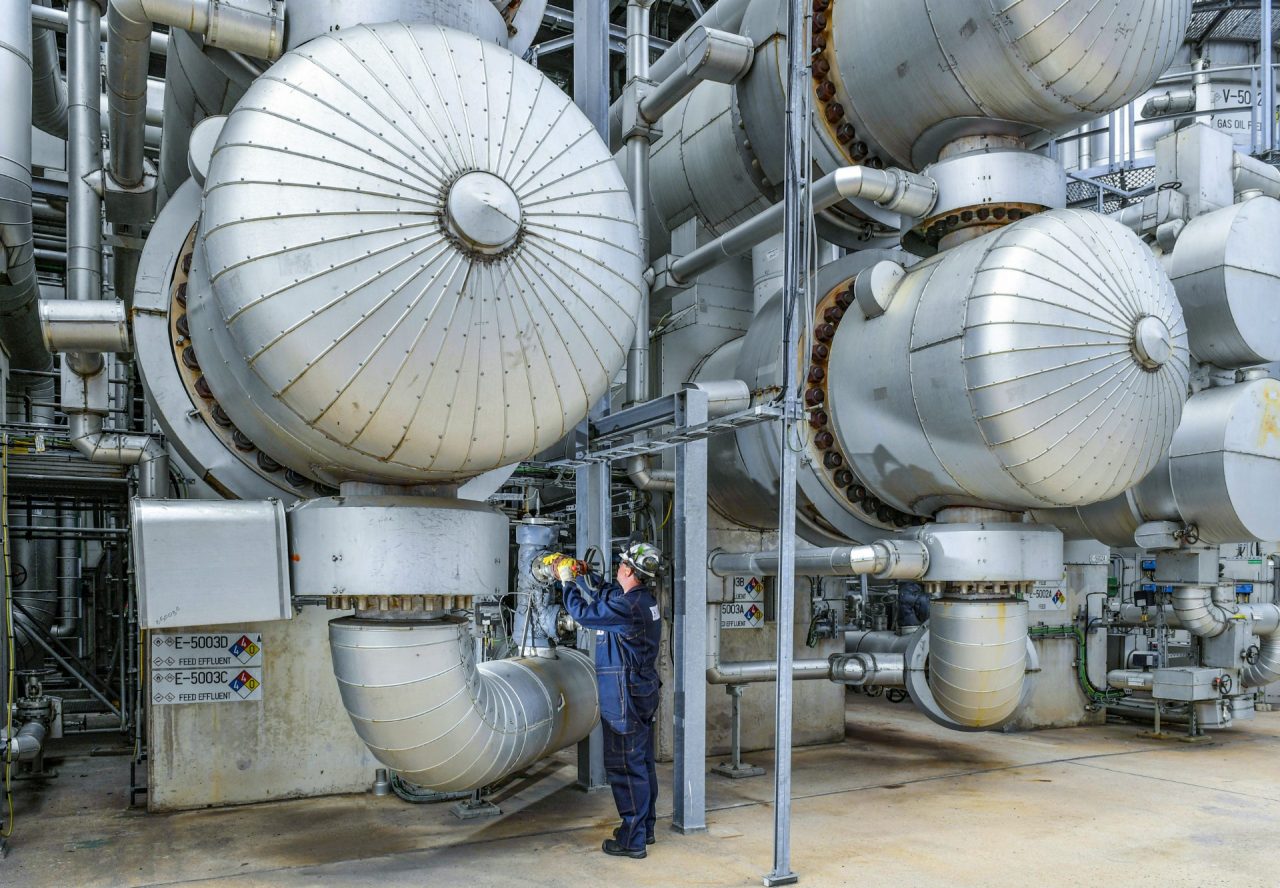Women in Engineering: From outsider to expert
How Karin Stadler defied stereotypes to become Head of Engineering in Polymer Technology at ERIKS. H...
Within a chemical plant when failure of a process, equipment or an unexpected shutdown occurs, the unplanned downtime alarm bells start ringing. For you, as a maintenance manager, that alarm instantly means increased paperwork, difficult questions and uncomfortable answers.
Unplanned downtime is something you and your maintenance department never want, yet it inevitably happens. At best, unplanned downtime costs time and money. In the worst-case scenario, it can costs lives.
In this blog we will identify some common chemical industry mistakes that lead to unplanned downtime and the direct impact these can have on your plant.
In the chemical industry, shutdowns are a big part of the job. You and the maintenance team are well rehearsed for these. Yet unplanned downtime can bring unexpected challenges that have to be rapidly contained, fixed and viewed from various angles.
The ramifications of any unplanned downtime are unique to you, your team and plant. Beyond lost revenue, the result can be delays to your maintenance, schedules and deliveries. The mistakes that cause unplanned shutdowns can also increase the chance of personnel injury, emergency repairs and even environmental incidents.

Preparation and planning are key to structure, survival and operation of a chemical plant. Everybody has their part to play in ensuring that protocols, practices and procedures are adhered to; but over time discrepancies accumulate and unfortunately don’t become apparent until it’s too late.
ERIKS shares our best practices and 6 maintenance mistakes common to the chemical industry. Although you cannot totally eliminate unplanned downtime, avoiding these will minimise it, optimise production and boost your overall safety within the plant.
1. Lack of stock level knowledge and categorisation of criticality
It’s important to know what parts are critical for smooth operation and to have relevant and up-to-date stock data. When categorising or minimising spare-parts variety, it’s helpful to display supplied/expiry dates, storage requirements and supplier information. This way all personnel are able to locate, check and use stock in the safest and most efficient way.
2. Limited focus on TCO
A key priority for a maintenance manager is Total Cost of Ownership (TCO). However, many activities are managed chiefly on price-oriented tenders as it’s easier to compare prices instead of considering the whole process. This can lead to a false savings when all costs are taken into account. Good relationships between maintenance teams and trusted suppliers can make for easier requests, deliveries and guidance on TCO.

3. Non-procedure solutions
Human error has a big part to play in unplanned downtime. If staff don’t have full knowledge of current practices and procedures, makeshift measures can lead to an assortment of errors. Checklists have to be followed, procedures updated and data stored correctly to optimise safety and reduce unplanned downtime.

4. Lack of know-how
Every staff member is a significant component to making the plant run seamlessly, yet staff are divided in their areas of expertise and rarely talk amongst each other. This leads to knowledge limitations and a lack of understanding of how they fit in to the bigger picture. Also, if cost is a factor and cheaper contractors are sourced, it can cause an array of issues such as low-level knowledge, language barriers, and differentiation in regional procedures or training.
5. Insufficient or irregular testing
Parts that require testing should have them carried out and recorded at regular intervals. This is to ensure safe usability and prevent (as best as possible) leaks, breakages or even blasts.
6. Legal requirements overlooked
The legalities of running a chemical plant can be intricate and complex. To avoid repercussions, robust systems need to be in place to guarantee that legal certifications, contracts, training, and testing are kept up to date.
We empathise with the complexities of handling chemical plant maintenance, and understand there are many variables with inconsistent outcomes to consider. Yet one constant that is and will always remain is safety!
With the wellbeing and protection of your team at the forefront, ERIKS has identified these maintenance mistakes to help reduce your unplanned downtime. To further your reading and keep informed of what changes are happening within the industry download our full in-depth guide ‘Minimise Unplanned Downtime’.

With the wellbeing and protection of your team at the forefront, ERIKS has identified these maintenance mistakes to help reduce your unplanned downtime. To further your reading and keep informed of what changes are happening within the industry download our full in-depth guide ‘Minimise unplanned downtime’.
Do you have questions about unplanned downtime in the chemical industry or do you wish a consultation?

Take a look at our latest updates...
How Karin Stadler defied stereotypes to become Head of Engineering in Polymer Technology at ERIKS. H...
37 01 32 89
VAT Number
NL003.076.490.B02
